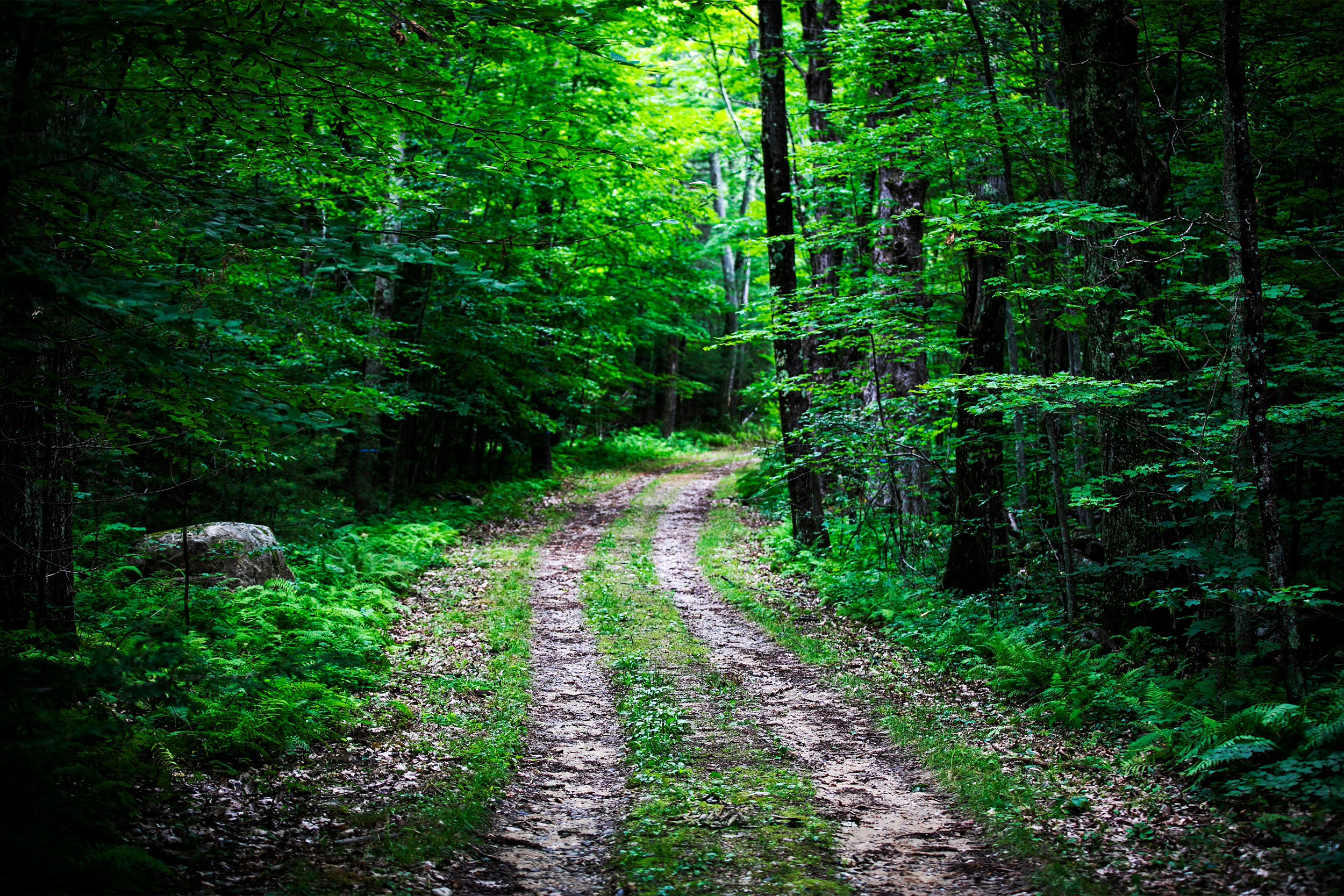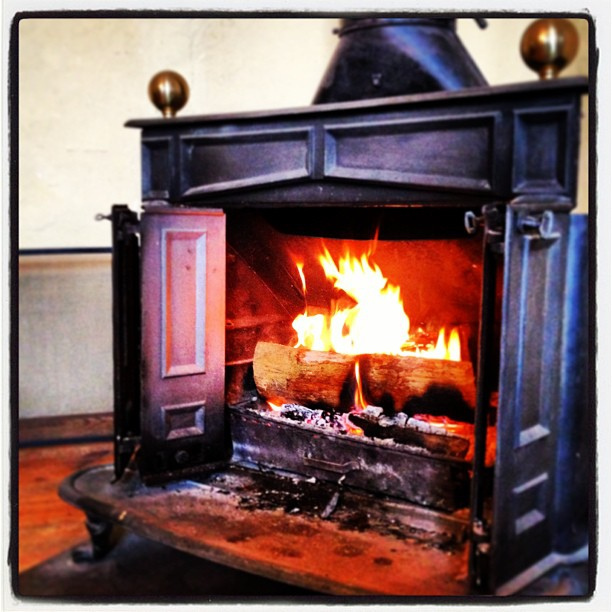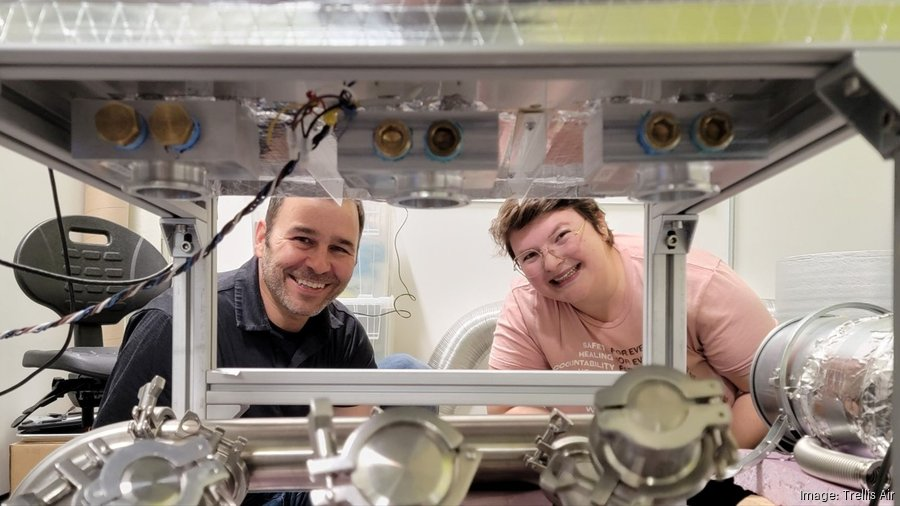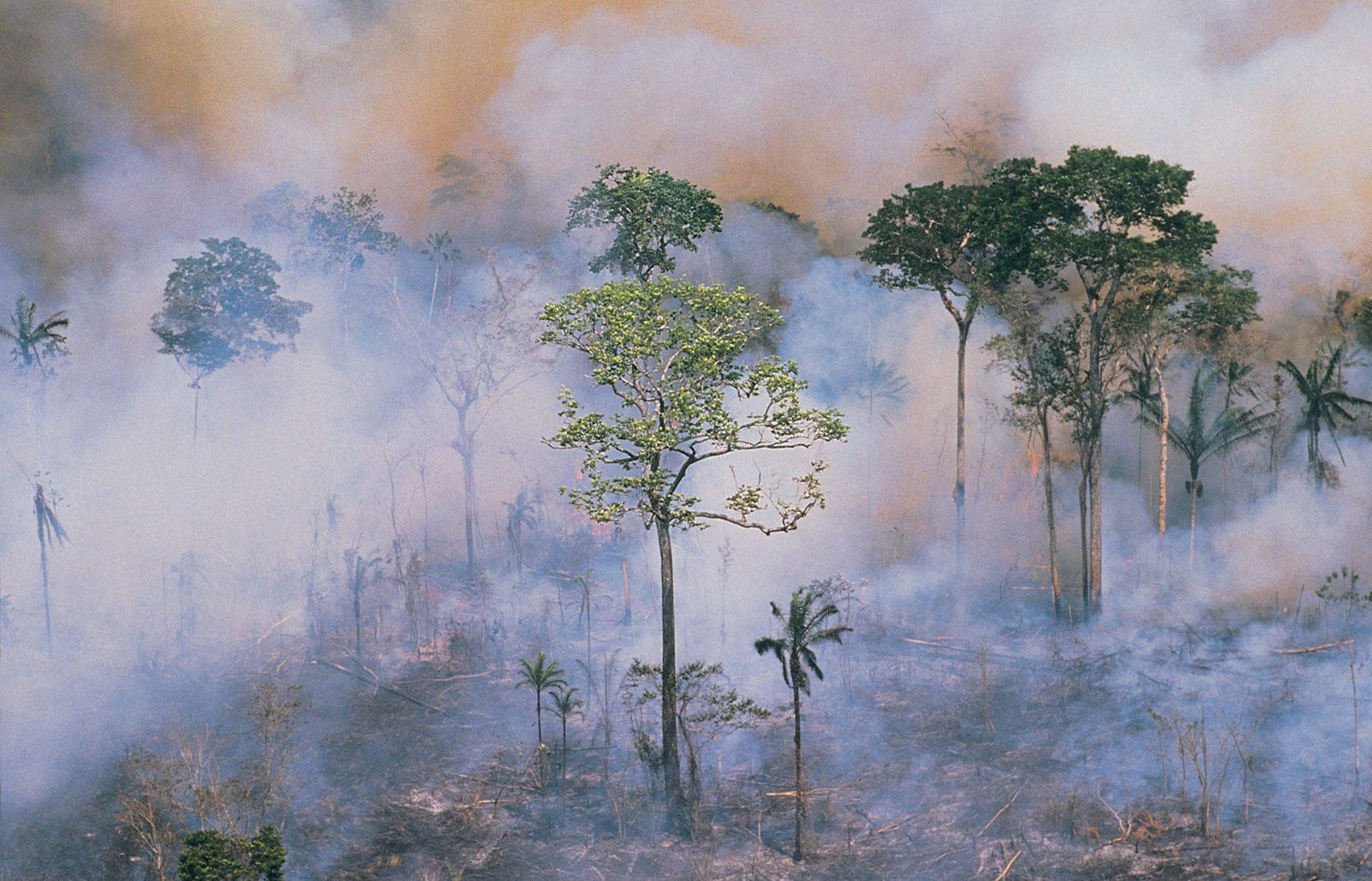Harvard Forest is at the forefront of climate change research, revealing crucial insights into how elevated temperatures and shifting weather patterns impact forest ecosystems. Located in Massachusetts, this vast 4,000-acre landscape serves as a living laboratory for scientists investigating the consequences of warming winters and changing precipitation patterns. Among the most striking phenomena observed is the decline of the eastern hemlock, a vital species whose loss significantly alters the forest’s dynamics and biodiversity. Researchers, including senior ecologist David Orwig, actively document these changes, highlighting the resilience of Harvard Forest ecosystems in the face of invasive pests and shifting climate conditions. As they study the effects of climate impacts on forests, their work emphasizes the urgent need to understand and mitigate the challenges posed by climate change.
At the intersection of ecology and climate science, the research conducted within Harvard Forest serves as a critical lens into the environmental transformations our planet is undergoing. This renowned research site not only tracks temperature changes but also embraces the dynamics of forest health and species interactions in a warming world. With visible shifts like the prevalence of black birch trees replacing dying hemlocks, the study of these ecosystems unveils the complex interplay between climate variables and vegetation survival. Researchers here examine the broader implications of climate change on forest resilience, offering invaluable data that contribute to a deeper understanding of our changing environment. By addressing the urgent challenges linked to climate variation, scientists are better equipped to advocate for sustainable forest management and conservation efforts.
Understanding the Impact of Climate Change on Harvard Forest Ecosystems
The Harvard Forest serves as a vital laboratory for understanding the nuanced impacts of climate change on forest ecosystems. Research conducted here has revealed that rising temperatures and changing precipitation patterns are not only shifting the biological communities within the forest, but they are also altering the fundamental ecological processes that sustain these systems. Long-term studies, some extending back to the 1960s, provide critical data indicating that the warming climate is exacerbating issues such as the invasion of pests like the woolly adelgid, which has devastated hemlock populations. As these pests thrive in milder conditions, they pose a significant threat to forest resilience, which relies heavily on the unique roles played by tree species such as hemlocks in nutrient cycling and habitat provision.
In addition to the biological shifts, researchers at Harvard Forest are documenting physical changes in the landscape’s composition. For instance, the replacement of hemlocks by species such as black birch marks a shift towards a more sunlight-exposed forest floor, fundamentally transforming soil chemistry and the microenvironments that support various understory plants and fauna. This shift underscores the broader implications of climate change for forest management and conservation strategies, emphasizing the need for adaptive approaches that recognize the interconnectedness of climate dynamics, ecosystem health, and biodiversity.
Frequently Asked Questions
How is climate change impacting the ecosystems at Harvard Forest?
Climate change is leading to significant alterations in ecosystems at Harvard Forest, illustrated by phenomena such as the decline of hemlock trees and the emergence of black birch. Researchers have observed a shift toward a warmer and wetter climate, which affects species composition and forest dynamics.
What evidence do researchers at Harvard Forest have regarding climate change?
Researchers at Harvard Forest have collected extensive climate data since the 1960s, which reveals long-term trends indicating warmer winters, altered precipitation patterns, and increased variability in yearly weather. These findings align with climate projections for the region.
Why is the decline of hemlock trees significant in Harvard Forest climate change research?
The decline of hemlock trees is significant because they play a critical role in maintaining the forest’s ecosystem by regulating soil acidity, temperature, and habitat for cold-water species. Their replacement by black birches changes the forest’s ecology and affects nutrient cycling.
What role does forest resilience play in the context of Harvard Forest and climate change?
Forest resilience at Harvard Forest is vital as it indicates the ability of trees and ecosystems to adapt to changing conditions. Despite the challenges posed by climate change, such as invasive species, the ability of forests to regenerate with new species like black birch shows resilience.
How are researchers at Harvard Forest studying the effects of climate change on forest dynamics?
Researchers are studying forest dynamics through over 100 ongoing research projects that include manipulating environmental factors, monitoring tree health, and measuring soil and atmospheric interactions to understand how climate change affects species distribution and ecosystem functioning.
What does the term ‘shifting baselines’ mean in the context of climate change at Harvard Forest?
‘Shifting baselines’ refers to the idea that each generation has a different perception of what is ‘normal’ in ecosystems, shaped by personal experience. At Harvard Forest, this concept highlights how younger generations may not recognize the loss of hemlock forests, affecting conservation efforts.
What are the long-term implications of climate change observed at Harvard Forest?
The long-term implications of climate change observed at Harvard Forest include irreversible changes in species composition, potential loss of biodiversity, altered ecosystem services, and challenges for conservation efforts as ecosystems adapt to new climatic conditions.
| Key Area | Observations | Impact | Future Projections |
|---|---|---|---|
| Climate Data Collection | Temperature and precipitation records from the 1960s onwards. | Enables identification of climate trends over time. | Continuation of warming and wetter climate predicted. |
| Changes in Vegetation | Decrease in hemlocks, increase in black birches. | Alters species composition and biodiversity. | Potential for further species shifts as climate conditions change. |
| Impact of Invasive Species | Woolly adelgid causing decline in hemlocks. | Reduces forest integrity and ecosystem functions. | Unknown success of intervention strategies to control adelgid populations. |
| Changes in Weather Patterns | Later winters, variable precipitation, shorter snowpack. | Affects water resources and forest health. | Increased frequency of extreme weather events likely. |
| Community and Personal Impact | Strong emotional connection of researchers with the forest. | Personal loss felt as landscapes change. | Generational shifts in perceptions of normalcy regarding forests and climate are expected. |
Summary
Harvard Forest climate change is a pressing concern that local researchers are witnessing firsthand. Over the past decades, the effects of changing climates have reshaped this 4,000-acre forest, altering its ecosystem dynamics, species composition, and weather patterns. The community at Harvard Forest is deeply engaged with these changes, emphasizing a collective emotional connection to their environment. With the onset of new species like black birches replacing the declining hemlocks due to the invasive woolly adelgid, the resilience of the forest is highlighted, albeit with significant implications for biodiversity and ecological balance. As data from the forest illustrates the undeniable trends of warming and wetter climates, the call for informed conservation and adaptive strategies has never been more critical.







